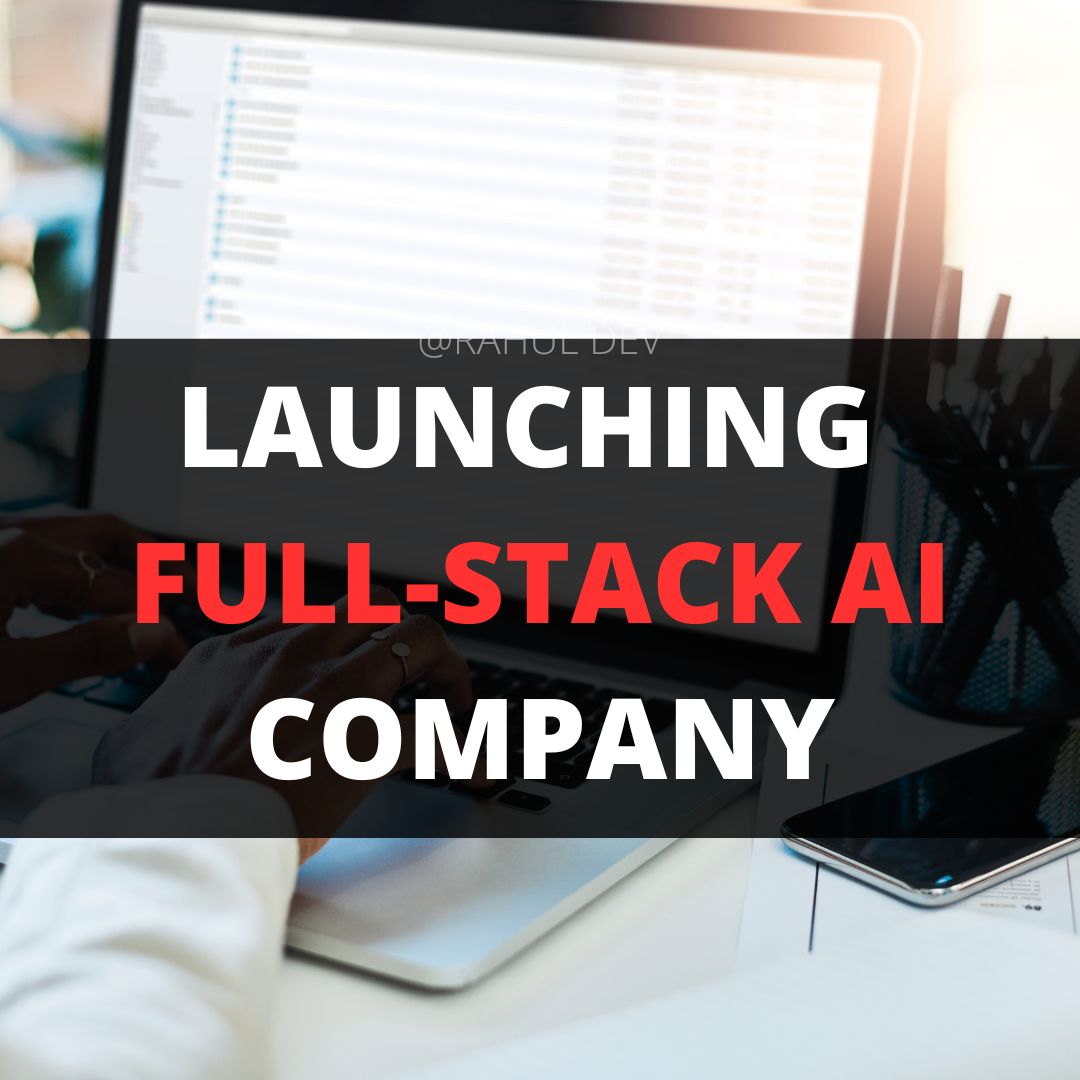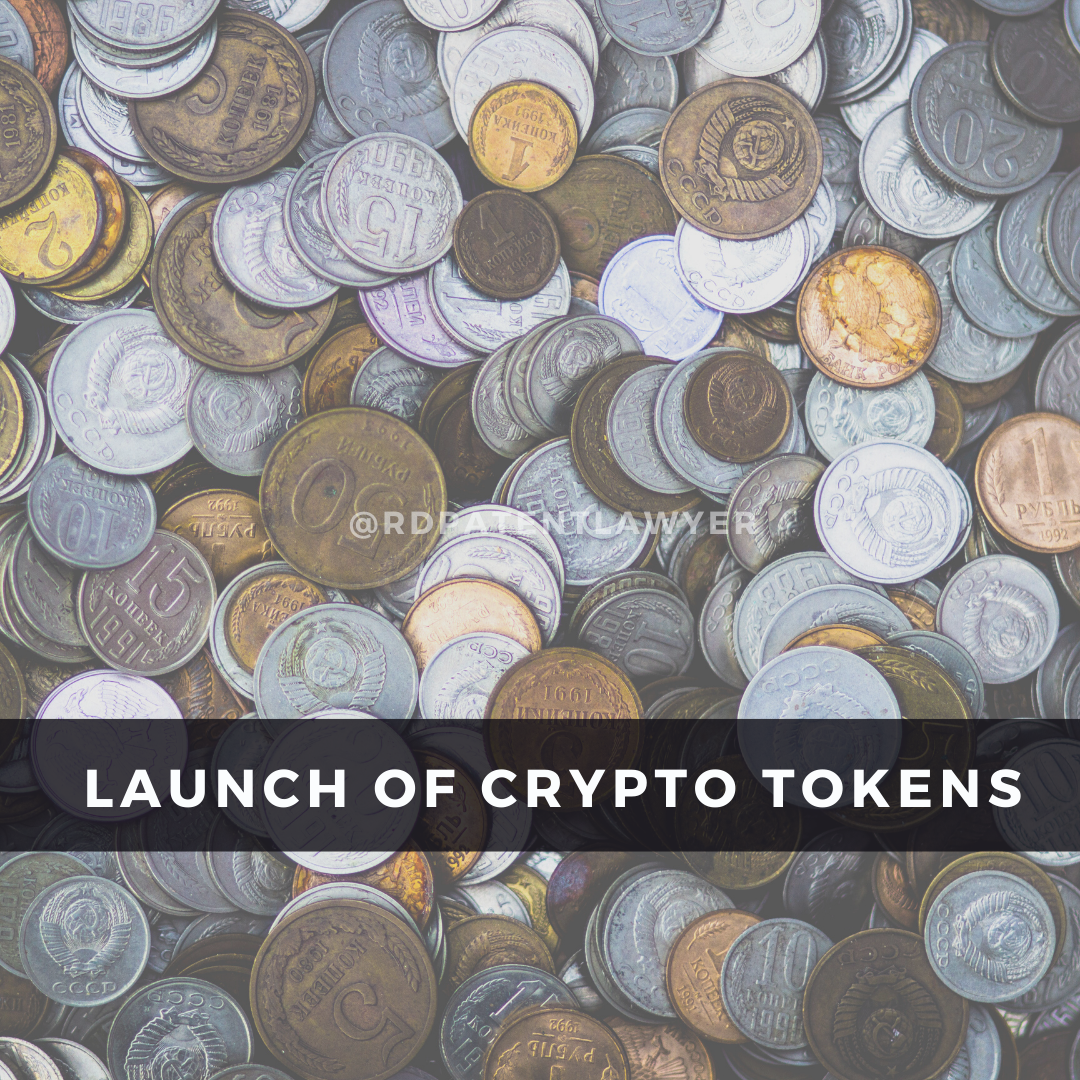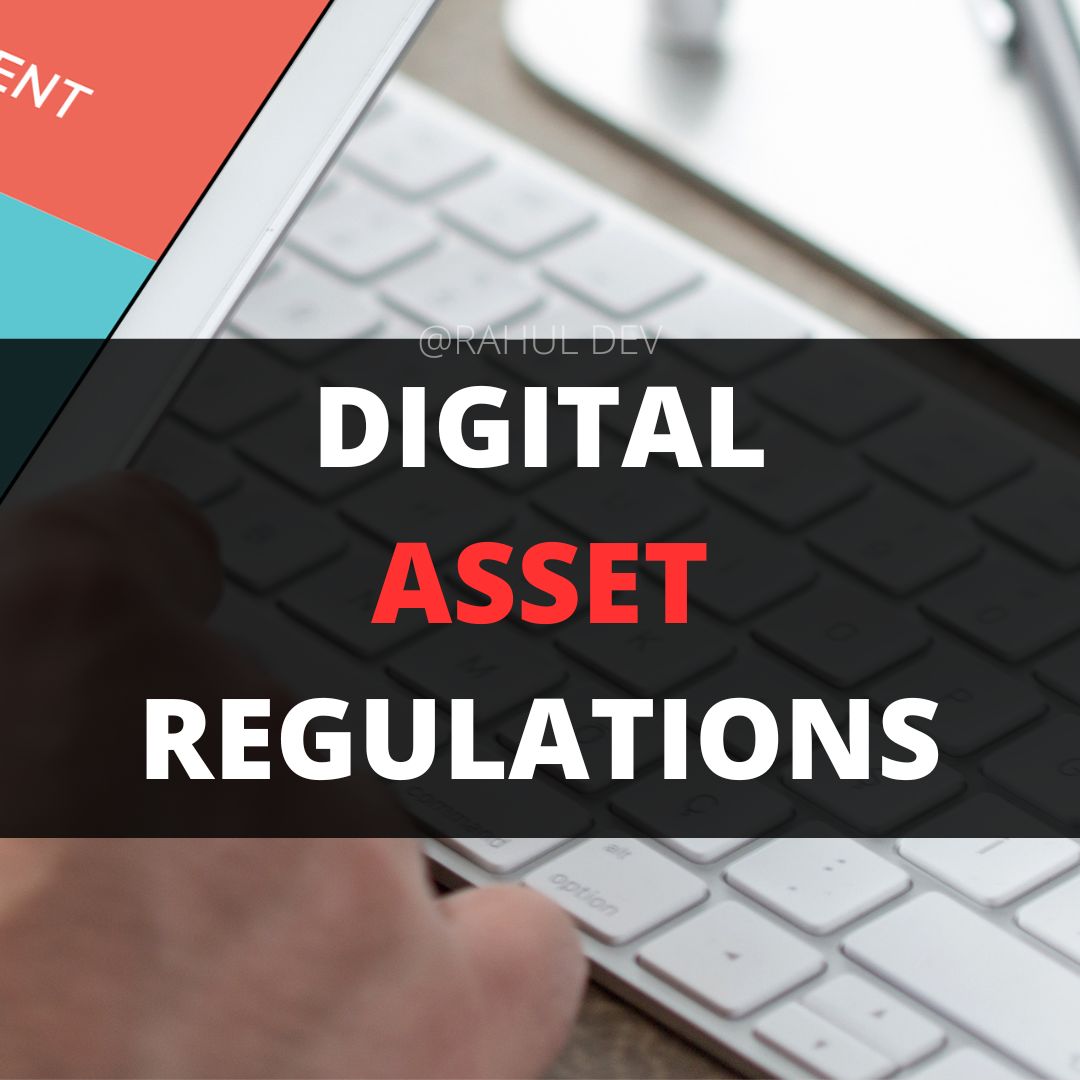
Blockchain based companies launch their own cryptocurrency tokens to generate funding through Initial Coin Offering. An ICO, or initial coin offering is similar to an IPO (Initial Public Offering) that helps blockchain companies to expand outreach among the target audience. As an important requirement, such companies rely on a legal opinion letter explaining whether the token is a utility token or a security token. Most cryptocurrency exchanges require the token to be certified as a utility token, which does not offer any equity or security in the company. Subsequently, such companies also consider the unique aspects of blockchain based tokens to file for blockchain patents across the world.

Blockchain patents are increasing at a rapid pace and companies are racing with their competitors for bringing innovative blockchain solutions to the market. A majority of patents disclosing blockchain based innovations focus on exchange of tokens. Tokens represent the units that are part of transactions between different users, or between users and the blockchain platform. One such patent filed by IBM relates to exchange of one or more tokens from a source blockchain network to a target blockchain network. Another patent filed by Alibaba Group pertains to a method of data processing between a blockchain client and a blockchain node. The claims of this Alibaba patent disclose the methods steps of sending a token acquisition request to a blockchain node; receiving a commit token fed back by the blockchain node, where the commit token is used to indicate that the blockchain client has permission to submit transaction data to a specific data block; and sending transaction data to the blockchain node.
One of the most exciting things in the world at the moment is the Blockchain technology. The Blockchain, a replicated distributed ledger/blockchain, is being touted as being the next technological breakthrough and, arguably, the future of money and financial transactions. What’s most interesting about the Blockchain is that, just like the Internet, it’s completely open and free to use by anyone who wants to participate. Unlike the Internet, where governments, businesses, and academic institutions have fought over the control of the resources, the Blockchain promises to be an open standard, a distributed system, and is largely independent from any political or economic influences.
As such, the uses for the Blockchain are virtually limitless. One area where the Blockchain has had the biggest impact is in tokenization. tokenization involves the use of digitally signed currencies, like Facebook credits, e-checks, and debit cards. While debit cards and e-checks can be used almost anywhere credit cards are accepted, what’s really exciting about tokenization is that you can use it with nearly any digital currency. This includes but is certainly not limited to, major world currencies (USD/JPY, EUR/EUR, GBP/USD), digital collectible (e.g. Monopoly dollars, Star Trek trading cards, Harry Potter trading cards), and even fictional (e.g., tokens created by Hasbro for their card game Rock Band).
Another exciting application of the Blockchain is in the realm of smart contracts. In this concept, a smart contract is embedded within a block chain and becomes active only when the conditions of that contract are met. This makes smart contract usage highly efficient and prevents fraud, theft, and embezzlement due to mis-use or improper implementation of the code. This is a relatively new feature, but one which has had a lot of hype behind it, largely due to its ability to circumvent traditional commission fees that apply to brokers and exchanges. For instance, instead of paying brokers’ commissions on all transactions, the smart contract code handles each transaction on its own, avoiding fees and increasing profits.
Blockchain consultants work closely with blockchain developers to develop custom solutions for launching tokens. While developing concept of utility tokens, the focus is primarily on the tokenization process that covers tokenization of assets. The tokenization of assets includes the process of issuing a blockchain token to digitally represent a real tradable asset. The security tokens are created from the initial coin offering (ICO). It is also referred to as a security token offering (STO). This further helps to distinguish STOs from other types of ICOs. Hence it can help in producing different kinds of tokens like equity, utility, and payment tokens.
In use, a new form of token economy ensures better liquidity. The tokenization of assets like private securities can be traded on the secondary market of choice. Therefore the access to a broader base of traders ensured better liquidity by benefiting the investors and sellers. Another benefit of the tokenization of assets is that the transaction is cheaper and faster. Completion of the transaction of tokens through smart contracts can lead to the exchange process being automated. It, therefore, reduces the administrative burden and intermediaries or third parties involved in buying and selling. This process further ensures faster deal execution at lower costs.
The tokenization of assets leads to more transparency. The process of securing the token holder’s rights and legal responsibilities along with the record of ownership onto the tokens can add up to transparent transactions. Such transparent transactions can allow the token-holder to know their rights and the party they are dealing with.
The new form of the token economy is more accessible as an investment in assets is open to a wider audience. Due to the divisibility of tokens, the investors can easily purchase tokens representing a small percentage of the underlying assets. Therefore, if each order is cheaper and easier to process, then it would open the way for a significant reduction of minimum investment amounts.
The main problem pertains to the regulatory alignment since blockchain programs are de facto decentralized. The security legislation is normally technology agnostic. This implies that the security tokens established on the exact characteristics can fall within the full scope of applicable security laws. Such laws can fluctuate from jurisdiction to jurisdiction. The desire for enabling compliant strategies for developing and marketing tokens in an internal and international spectrum is a significant foot forward if the alternatives are to be recognized.
The token economy represents a huge shift from large centralized trust agents to the individual. Cryptology replaces the intermediaries as the keeper of trust with blockchain participants performing complex algorithms to certify the integrity of the ledger of transactions. The financial institutions must choose the appropriate business model to play in the value chain. They must choose to advise issuers on how to structure their tokens or could act as safe-keepers of the tokenized asset. They could also offer services to maintain customer accounts in cryptocurrencies and tokens by facilitating access to the clients for transactions on various tokenization platforms.
Based on the business model, the financial institutions must choose to implement and embrace different operating models. The main component of the operating models is the blockchain platform. This is based on the regulation and the type of products or services offered to the clients.
With the growing popularity of bitcoin and other cryptocurrencies, tokens are increasingly becoming targeted by cybercriminals. One of the main concerns is the management of the wallets and private keys that control them. Not only shall the financial institutions consider implementing proper security measures to secure the whole value chain when they interact with the blockchain platforms.
MIFID, Anti-money laundering (AML), know your customer (KYC), and other regulations are at the center of any financial institution’s obligations especially when it comes to client service. In the token economy, the business interactions are more direct, speedy, and permanent, operational measures to conform to regulations must be adapted, possibly becoming more upstream, factorized, and consistent. Financial institutions that are accountable for processing tax must adapt their information systems and processes. This is done to compute and deduct certain tax schemes such as withholding tax. With legislative and regulatory frameworks contradictory from jurisdiction to jurisdiction, financial institutions must safeguard tokens and remain compliant both in the issuer’s as well as in the investor’s multiple jurisdictions.
Our team of advanced patent attorneys assists clients with patent searches, drafting patent applications, and patent (intellectual property) agreements, including licensing and non-disclosure agreements.
Advocate Rahul Dev is a Patent Attorney & International Business Lawyer practicing Technology, Intellectual Property & Corporate Laws. He is reachable at rd (at) patentbusinesslawyer (dot) com & @rdpatentlawyer on Twitter.
Quoted in and contributed to 50+ national & international publications (Bloomberg, FirstPost, SwissInfo, Outlook Money, Yahoo News, Times of India, Economic Times, Business Standard, Quartz, Global Legal Post, International Bar Association, LawAsia, BioSpectrum Asia, Digital News Asia, e27, Leaders Speak, Entrepreneur India, VCCircle, AutoTech).
Regularly invited to speak at international & national platforms (conferences, TV channels, seminars, corporate trainings, government workshops) on technology, patents, business strategy, legal developments, leadership & management.
Working closely with patent attorneys along with international law firms with significant experience with lawyers in Asia Pacific providing services to clients in US and Europe. Flagship services include international patent and trademark filings, patent services in India and global patent consulting services.
Global Blockchain Lawyers (www.GlobalBlockchainLawyers.com) is a digital platform to discuss legal issues, latest technology and legal developments, and applicable laws in the dynamic field of Digital Currency, Blockchain, Bitcoin, Cryptocurrency and raising capital through the sale of tokens or coins (ICO or Initial Coin Offerings).
Blockchain ecosystem in India is evolving at a rapid pace and a proactive legal approach is required by blockchain lawyers in India to understand the complex nature of applicable laws and regulations.
Read About Patent FIling Guide



